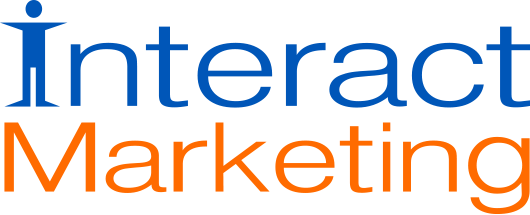How to Stay Compliant in Today’s Regulatory Environment
While other industries enthusiastically stirred social media into the marketing mix, pharmaceutical companies at first refrained. For one thing, worries about losing control over brand messaging—a concern of all online marketers—made drug firms reluctant to wholeheartedly embrace social media at first. Social media also intimidated pharma for reasons unique to the industry starting with the fear of running afoul of regulatory restrictions.
But after the initial hesitation, health care didn’t stand on the sidelines. From brand-sponsored online patient communities for every conceivable condition to advice blogs courtesy of world-famous medical clinics, the health care field has established a prominent internet presence. Eight in ten internet users have looked online for health information and many epatients say the internet has had a significant impact on the way they care for themselves or others, according to the Pew Internet and American Life Project. Clearly, searchers are hungry for health information and the industry has responded with a full menu.
Nonetheless, concerns within the health care industry persist. The U.S. Food and Drug Administration hasn’t directly addressed the role of social media in drug marketing but it’s sent enough signals to keep drug companies on guard. In considering formal rules, the FDA has sought public comment on a host of issues including how pharma companies should be held accountable for communication about its products and how much control they exert over activities on the Internet, regardless of whether the promotion activity occurs on company-sponsored venues or on third-party places. The agency asked whether companies should correct misconceptions or misinformation about their products, including unapproved uses of their products that are being conveyed on a website outside their control, such as on a blog or social networking site. Questions also concern what companies should do when adverse events are communicated online. Is it the company’s responsibility to constantly monitor the internet for these instances and alert the FDA?
Until all these plus other questions are resolved and the FDA issues formal guidelines, healthcare has treated social media communications as if they are subject to all existing FDA regs regarding drug advertising. Our advice to health care clients is to continue that practice and diligently subject all online messaging to the same rigorous med-reg-legal scrutiny that every communication undergoes before being externally disseminated. It’s crucial to develop a social media implementation plan that establishes explicit policies:
• Establishing a companywide position on the use of social media
• Governing employee use of social media
• Monitoring and enforcing all social media policies
• Tracking developments regarding FDA positions on social media communications
• Assessing actions by other health care companies and evaluate the outcome from a regulatory perspective
Most importantly, health care has to be ready to respond to an evolving regulatory environment. Social media is a dynamic method of conveying information efficiently and health care is an important reason why.


